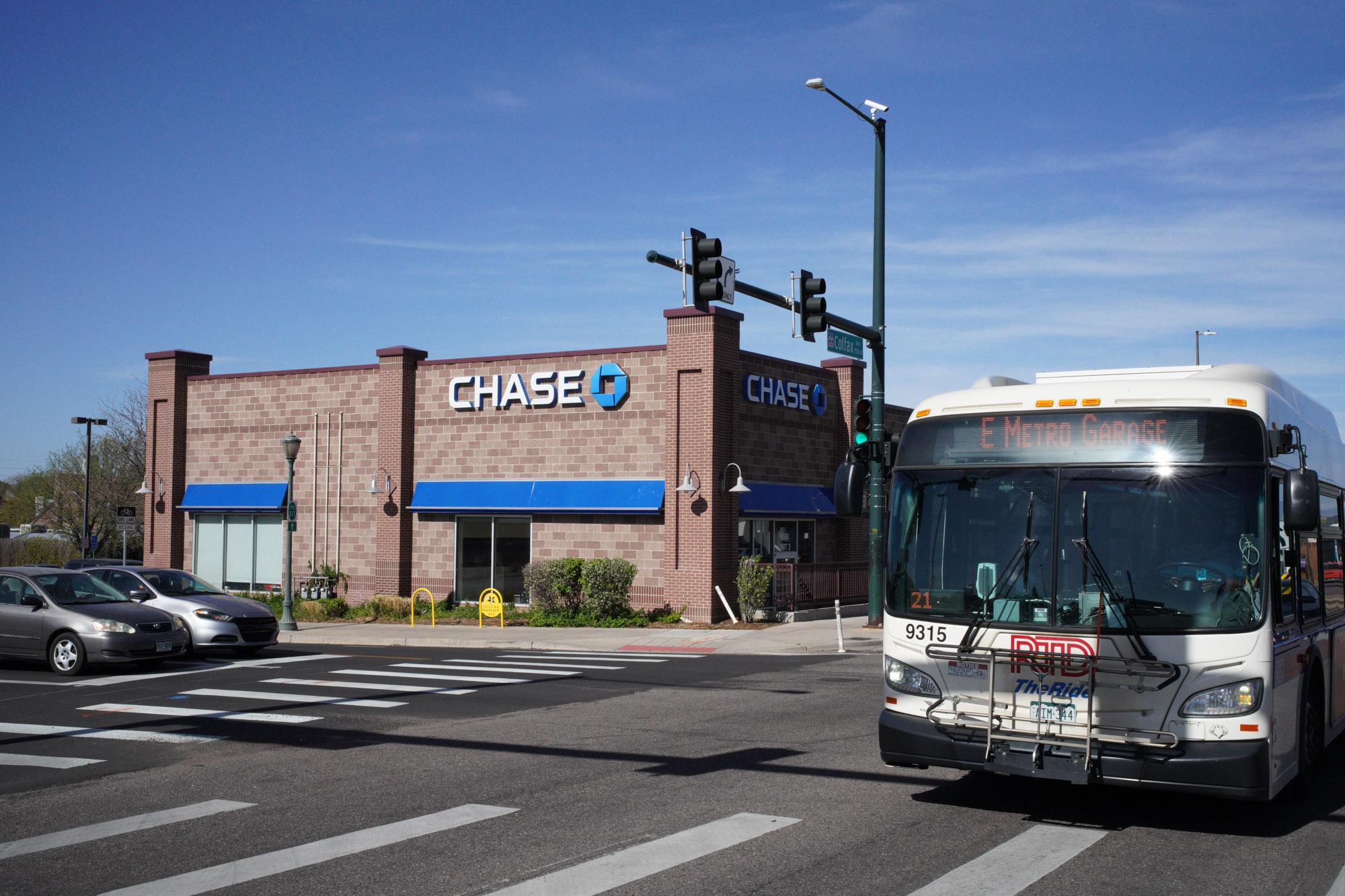
Bank robberies in Colorado have fallen from a post-pandemic national high and people — including the convicted robbers themselves — say it has to do with increased federal prosecutions and the likelihood of federal prison time.
Colorado now ranks third highest in the nation when it comes to the number of bank robberies, behind Illinois and California.
That is a decline from 2021, when Colorado ranked first in the country at 191 robberies that year. That was more bank robberies than in California or Texas or anywhere else.
It was an embarrassing distinction for Colorado. Bank robbers were hitting multiple banks in single days. One robber hit 12 banks between November 2021 and January 2022 in Denver, Boulder, Longmont and Westminster. Another bank on East Colfax Avenue was burglarized four times in 2021, including twice in two days in October 2021.
Experts said at the time they believed the high numbers in Colorado were a result of “despair.” The convicted robbers told authorities they were mostly supporting fentanyl addictions.
“This is a high-risk, low-reward type of crime,” said FBI Denver’s Special Agent in Charge Mark Michalek. “I think there is a false sense out there that this is easy money. There is an unrealistic view that you’re going to get a ton of money or that you’re going to get away with it.”
The numbers in 2024 show a dramatic decrease.
The U.S. Attorney’s Office says there were 151 robberies in the Denver metro area in 2021 and in 2024, there were only 34.
In 2021, federal prosecutors took note of the problem and decided to dedicate more resources to it. In 2020, the feds filed 20 bank robbery charges in Colorado and in 2021, that number jumped to 75 and then 86 the following year.
The convictions were mostly successful and the defendants were receiving between 16- and 19-year prison sentences without the chance of parole.
Matt Kirsch, the acting U.S. Attorney in Colorado, said their investigations revealed that potential bank robbers and convicted bank robbers actually talked to each other.
“One of the things they talked about was the likelihood of federal prosecution and the more they thought federal prosecution was likely, the less interested they were in robbing banks,” Kirsch said. “I’ve not often heard of such a direct tie in the minds of potential criminals between federal prosecution and their decision to commit a crime.”
Kirsch stressed the low dollar amounts many of these robbers are walking away with. It’s not a movie-style massive bag of money. Usually, a couple of thousand dollars is the average haul for a bank hit. But in a review of criminal complaints over several years, some only stole $650 while others got $3,000 or $4,000.
“I’m not trying to minimize that amount of money but compared to the risk of federal prosecution, it’s not a very big haul,” Kirsch said. “The conversations that we’re aware of between these folks made us understand that they were aware of it too.”
Earlier this month, Flozell Beasley, 72, was convicted of robbing two banks, two credit unions and a taco shop in Denver between May and July 2023.
Beasley was a recently convicted felon who had gotten out of prison and began robbing banks again, according to the U.S. Attorney’s Office.
He entered banks downtown with demand notes and a black semi-automatic handgun. In the hits, Beasely wore construction-type clothes, a hard hat and a yellow vest, and told the tellers to hurry up, while demanding specific types of currency, 5s, 10s and 100s.
On June 19, 2023, he attempted to enter a bank that was closed for the Juneteenth holiday and so went to a neighboring taco business instead and robbed it, wearing the same type of garb. In at least two of the hits, he wore the same hard hat with a logo on it.
Kirsch said beyond the fact the feds weren’t prosecuting bank robbers as much in 2019 and 2020, he also thinks the pandemic, with the ubiquity and expectation that everyone wears a mask inside, hurt the safety cause inside banks.
“When the wearing of a mask in a bank has become normalized, all of the sudden you can get all the way to the counter without attracting any suspicion,” he said. “I’m not sure it caused the rise, but it certainly contributed to it.”









